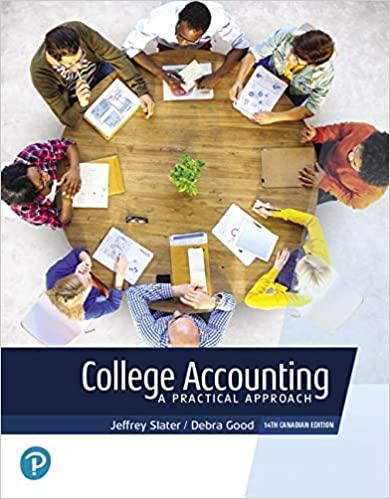Read: Read the case of Cook v. Rhode Island Department of Mental Health Retardation and Hospitals. United States First Circuit of Appeals 10 13 17 1993). You can find this case online at numerous sites. Part of the assignment is being able to find a case online. sh How to Brief a Case: "Briefing a case" means, in legal-speak, to summarize the man thrust of the court's decision. To properly brief a case, utilize this format: Facts - the relevant facts are they really facts of just claims). Procedural history (How did the case to get to this appeals court) Issue - the core dispute ... what brings the parties to courthouse. Reasoning - the judge's/court's reasons/rationale (legal & other for deciding Conclusion - the court's decision (holding). Ramifications - what will the decision mean for the future. . 1. Why is this case important? 2. What important concept about understanding discrimination does the Cook case teach? 3. It is true that generally obese people miss more time from work than non-obese people. Why then is it not a valid legal argument to say, "Obese people miss more time from work than non-obese people so we are not going to hire an obese person because they will miss too much time from work"? Read: Read the case of Cook v. Rhode Island Department of Mental Health Retardation and Hospitals. United States First Circuit of Appeals 10 13 17 1993). You can find this case online at numerous sites. Part of the assignment is being able to find a case online. sh How to Brief a Case: "Briefing a case" means, in legal-speak, to summarize the man thrust of the court's decision. To properly brief a case, utilize this format: Facts - the relevant facts are they really facts of just claims). Procedural history (How did the case to get to this appeals court) Issue - the core dispute ... what brings the parties to courthouse. Reasoning - the judge's/court's reasons/rationale (legal & other for deciding Conclusion - the court's decision (holding). Ramifications - what will the decision mean for the future. . 1. Why is this case important? 2. What important concept about understanding discrimination does the Cook case teach? 3. It is true that generally obese people miss more time from work than non-obese people. Why then is it not a valid legal argument to say, "Obese people miss more time from work than non-obese people so we are not going to hire an obese person because they will miss too much time from work









